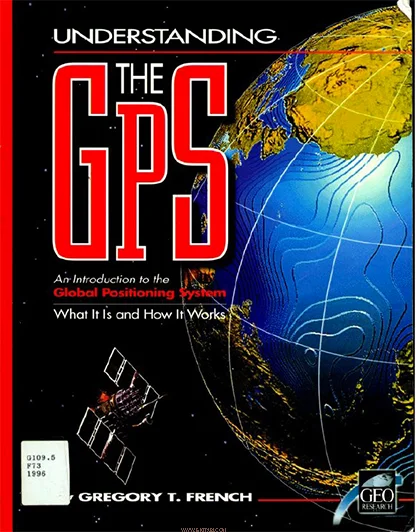What is GPS?
GPS, short for Global Positioning System, is a network of satellites orbiting the Earth that enables users to pinpoint their exact location anywhere on the planet with remarkable precision. By receiving signals from multiple satellites, GPS devices are able to calculate latitude, longitude, altitude, and even velocity.
How Does GPS Work?
The GPS satellites continuously transmit signals that are picked up by GPS receivers on the ground. By measuring the time it takes for the signals to travel from the satellites to the receiver, the GPS device can determine how far away each satellite is. By triangulating these distances from multiple satellites, the receiver can calculate the user’s precise position.
The Importance of GPS in Everyday Life
The technology of Global Positioning System has brought a revolution in the way we navigate, be it driving to a new place, hiking in the wilderness, or even tracking the location of a lost pet. Apart from navigation, GPS plays a crucial part in different industries like aviation, agriculture, and emergency services, where precise location information is necessary.
Understanding GPS Accuracy
While GPS is incredibly accurate, factors such as signal blockage from tall buildings or dense forests can sometimes affect the accuracy of the readings. Additionally, the quality of the GPS receiver and the number of satellites in view can also impact the accuracy of the positioning data.
Future of GPS Technology
As technology continues to evolve, the future of Global Positioning System looks promising. Advancements in GPS technology, including multi-frequency receivers and improved satellite constellations, promise to enhance accuracy and reliability. This opens up possibilities for new applications and innovations in various fields.
In conclusion, GPS is a powerful technology that has transformed the way we navigate and understand our world. By tapping into a constellation of satellites orbiting high above the Earth, Global Positioning System provides us with the ability to precisely pinpoint our location and navigate with confidence. As we look to the future, the potential for GPS technology to continue improving and expanding into new frontiers is truly exciting.
About the Book
This book is designed to support an introductory course on the fundamentals of the Global Positioning System and is based on a series of graphical displays and extracted concept booklets. That level of information is readily available from many highly technical publications and is not necessary for most users any more than an electronics textbook is necessary for a television buyer.
Each page of this book contains one to four illustrations on the left-hand side. On the opposite right-hand page is a brief explanation of the concept. The authors believe that although there is more information that could be shared about each topic presented, they have included only the highlights that are of most immediate value to geographers, project managers, field technicians, or others who need to learn the basics of GPS.
At the end of the book is a list of recommended reading for those interested in gathering more in-depth and detailed information on most of the topics covered.


Thank you very much
i need for this book but i how i download it, so would you help?